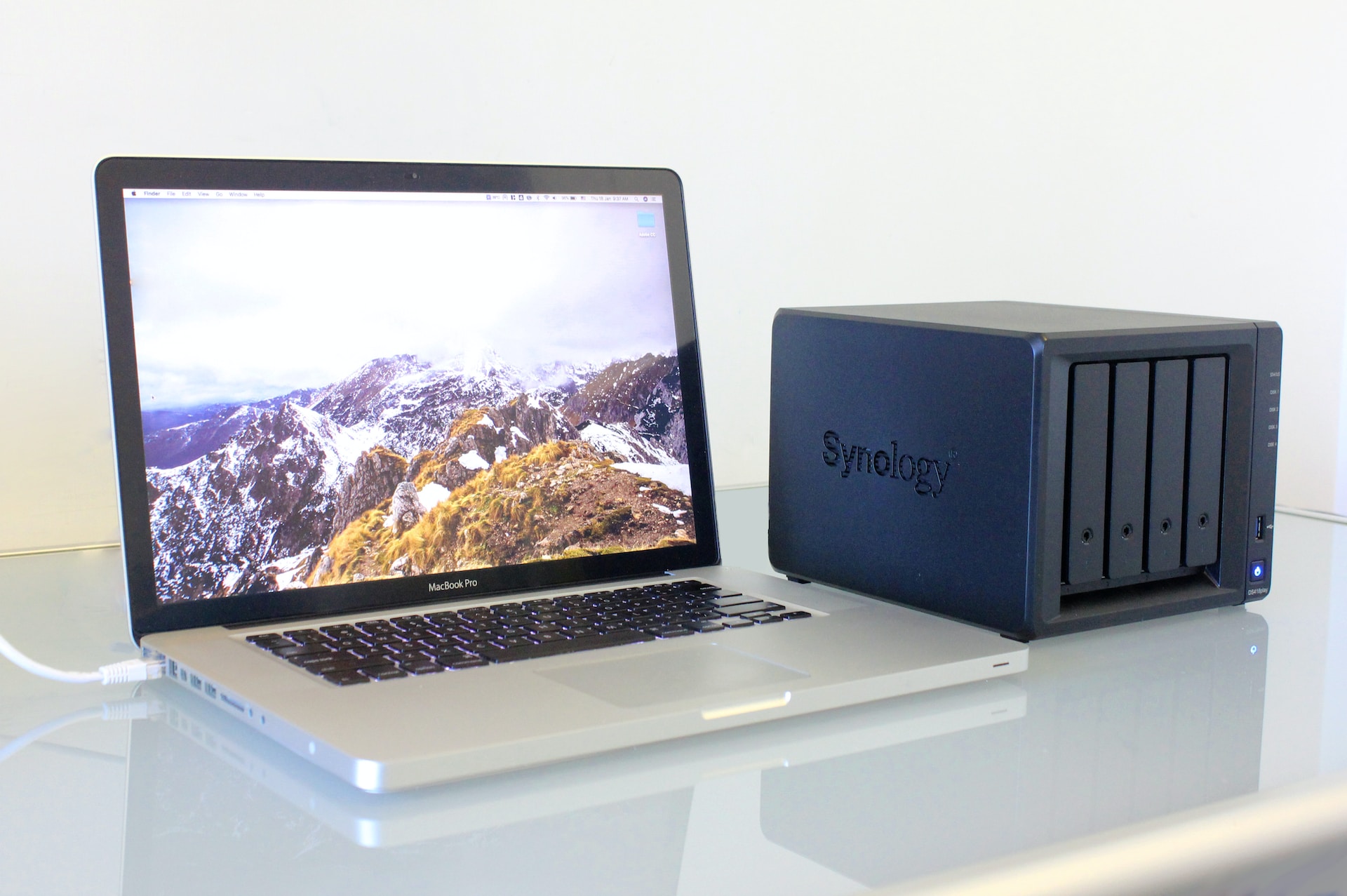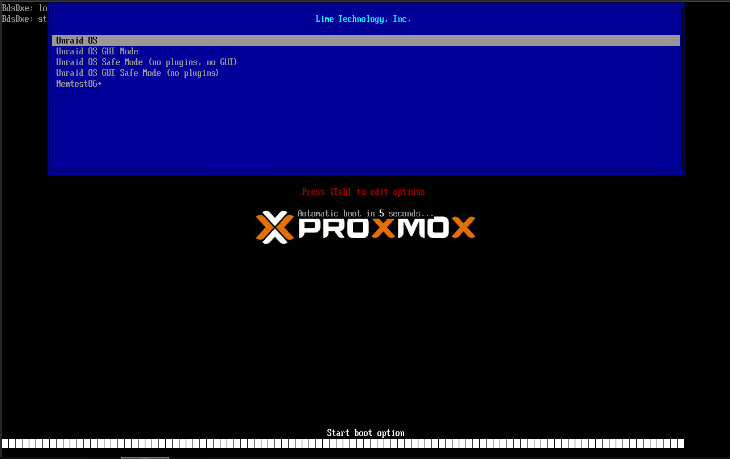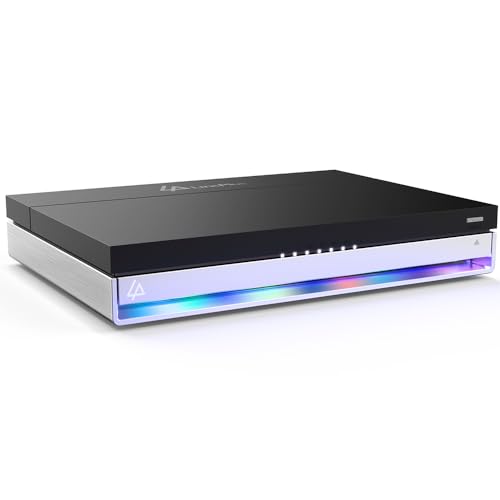Some of the links shared in this post are affiliate links. If you click on the link and make a purchase, we will receive an affiliate commission at no additional cost to you.
Unraid has established itself as a popular NAS operating system over the years, especially for use in home networks and for DIY servers. It offers flexible storage management, the ability to run Docker containers and an intuitive user interface. However, Unraid is not free, which prompts many users to look for unRraid alternatives. There are a variety of alternatives that are similarly powerful and don’t cost a penny. Here’s a detailed comparison of the best free alternatives: TrueNAS, CasaOS, OpenMediaVault and YunoHost.
Unraid’s extraordinary parity system
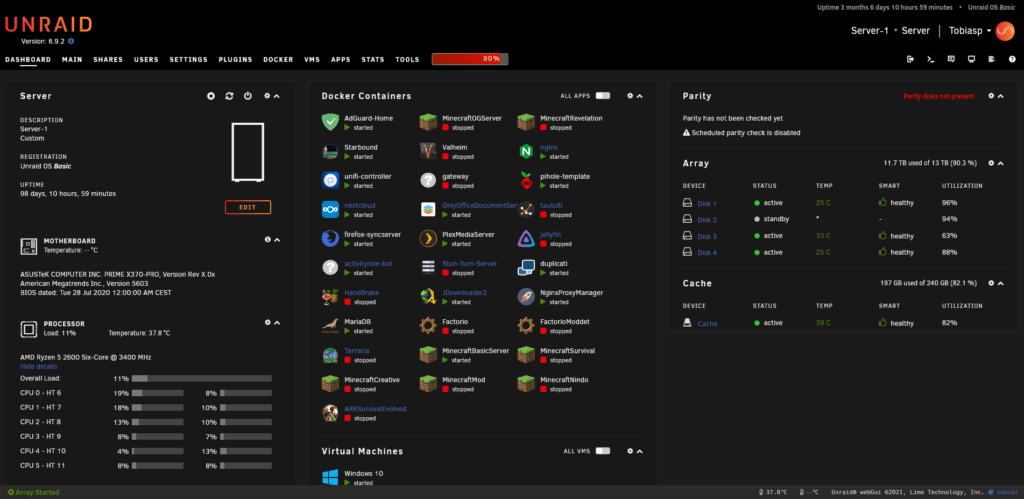
An outstanding feature of Unraid is its unique parity system, which differs from classic RAID configurations. With Unraid, hard disks of different sizes can easily be combined into an array. This offers enormous flexibility, as it is not necessary to equip all drives with the same capacity, as is the case with many conventional RAID systems. The parity drive stores the data recovery information in the event of a drive failure. Thanks to this parity system, users can dynamically expand their storage and prevent data loss at any time. While other alternatives such as TrueNAS and OpenMediaVault also offer parity systems, the ability to use drives of different sizes in an array is a unique strength of Unraid.
I personally use unRaid as a virtual machine under Proxmox. However, Proxmox is a pure hypervisor and has no built-in NAS functionality.
So unRaid alternatives at a glance:
TrueNAS – The robust and secure alternative
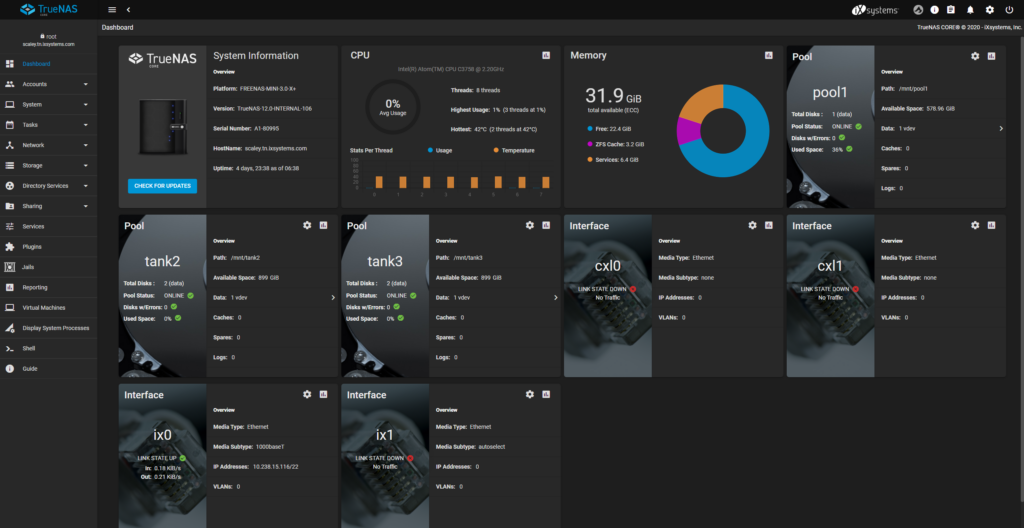
TrueNAS is one of the best-known unRraid alternatives and is based on the FreeBSD operating system. It offers many functions that can also be found in Unraid, but also has some decisive advantages.
Comparison with Unraid:
- Data security: Unraid uses its own parity system to protect data from loss. TrueNAS, on the other hand, relies on ZFS, one of the most secure and robust file systems, which guarantees data integrity through integrated checksums and snapshots. ZFS also offers the option of simple data recovery, which is not possible with Unraid in this form.
- Virtualization and containers: Both systems support virtualization and Docker containers. However, while Unraid offers a more user-friendly integration of Docker, TrueNAS scores with its stability and deep integration of virtualization functions.
- Price: TrueNAS is completely free and offers an open source version (TrueNAS CORE), while Unraid is only available in a paid version.
Conclusion: TrueNAS offers higher data security through ZFS and is particularly suitable for users who are looking for a system with strong data integrity and stability. It is a little more complicated to set up, but is the ideal choice for advanced users.
CasaOS – The beginner-friendly alternative
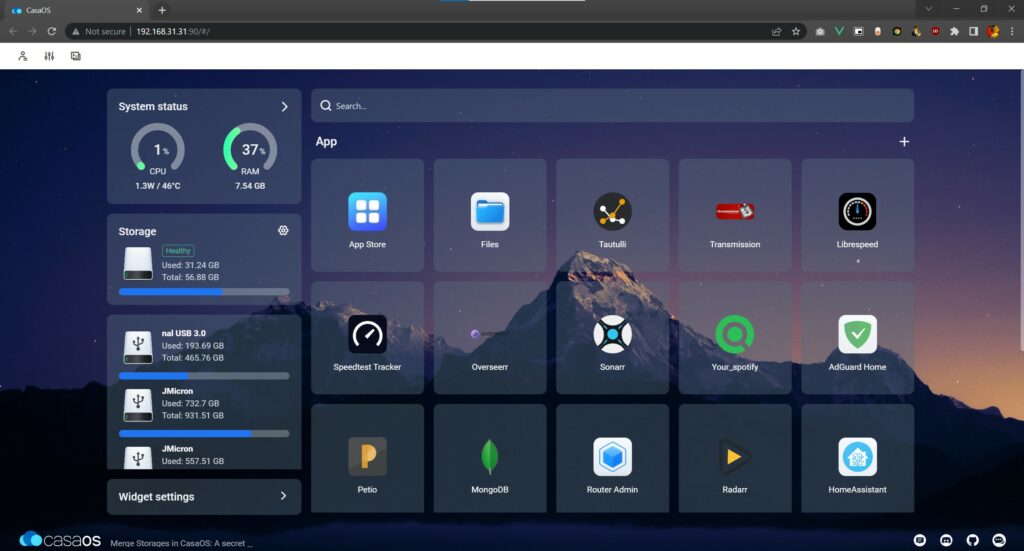
CasaOS is a relatively new, user-friendly alternative to Unraid and is aimed specifically at beginners. It was developed to make setting up and managing a NAS system as easy as possible.
Comparison with Unraid:
- Ease of use: Unraid is known for its simple user interface, which also appeals to less tech-savvy users. However, CasaOS goes one step further and offers an extremely minimalist and intuitive interface. Even non-experts can quickly start configuring their network storage.
- Functions: Compared to Unraid, CasaOS is somewhat more limited when it comes to advanced features such as virtualization and Docker containers. CasaOS focuses mainly on the simple management of storage and services in the home network.
- Price: CasaOS is also free and therefore an attractive alternative for users who do not want to deal with the costs of Unraid.
Conclusion: For beginners and users who only need basic NAS functions, CasaOS is one of the best unRraid alternatives. It does not offer the depth of functions as Unraid, but scores highly in terms of user-friendliness.
OpenMediaVault – The modular alternative
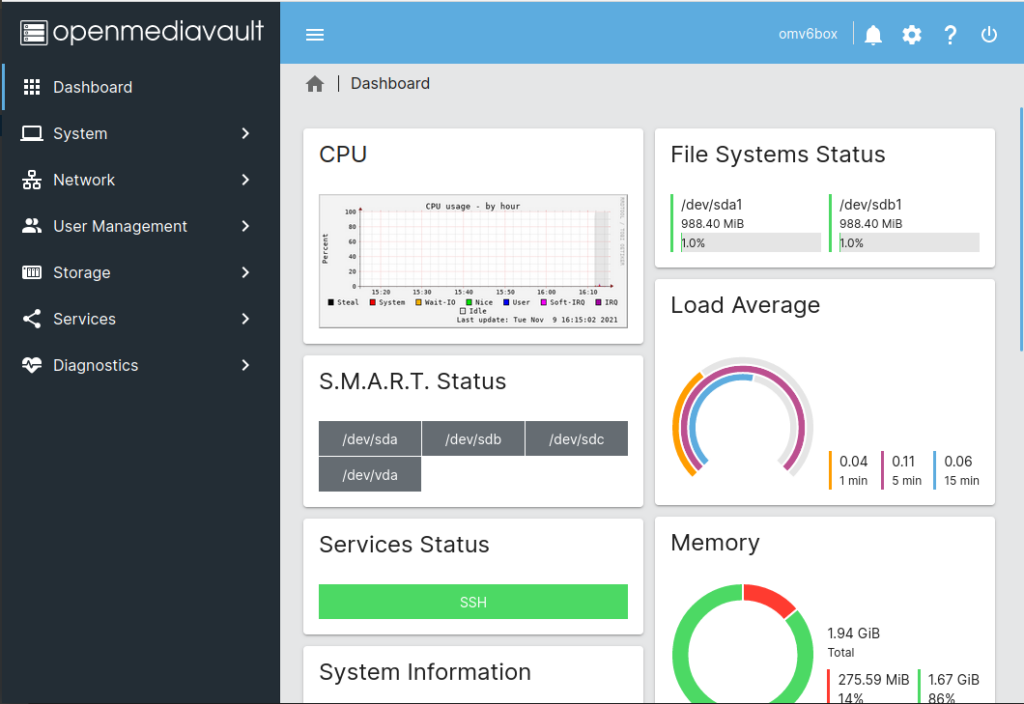
OpenMediaVault (OMV) is another free and extremely flexible alternative to Unraid. It is based on Debian Linux and is particularly interesting for advanced users who want to customize their system.
Comparison with Unraid:
- Modularity: While Unraid offers an all-in-one solution with a multitude of integrated functions, OpenMediaVault relies on a modular concept. Users can expand and customize the system as they wish with plugins, which is only possible to a limited extent with Unraid.
- Docker and virtualization: Like Unraid, OpenMediaVault also supports Docker containers and virtualization, but the configuration requires a little more technical know-how. Integration is simpler and more user-friendly with Unraid.
- Data security: OpenMediaVault uses the traditional Linux file system ext4, but also offers the option of integrating ZFS. It does not offer the same protection as Unraid’s parity system, but can achieve similar data security functions with the right configuration.
- Price: OpenMediaVault is completely free and has a strong open source community that regularly provides updates and extensions.
Conclusion: OpenMediaVault is ideal for users who want more control and flexibility when configuring their NAS system. It offers many of the same features as Unraid, but is modular and available for free.
YunoHost – The versatile alternative
YunoHost goes beyond a classic NAS system and also offers the option of hosting web applications and server services. It is aimed at users who not only want to manage their data, but also operate their own cloud services or websites.
Comparison with Unraid:
- Functionality: While Unraid is primarily designed for managing storage and Docker containers, YunoHost offers a whole range of additional functions. Users can set up their own cloud services, email servers or websites with just a few clicks. Unraid does not offer any integrated solutions for this.
- Simplicity: Unraid scores with its intuitive user interface, while YunoHost requires a little more training. It is aimed at more technically experienced users who want more control over their applications and servers.
- Price: YunoHost is also free and offers an open source platform that is supported by a dedicated community.
Conclusion: YunoHost is a versatile and free alternative to Unraid for those who want to operate their own web server or cloud service in addition to the classic NAS functionality. It offers more functions for developers and self-hosters, but is somewhat more complex to use.
Summary
Searching for unRraid alternatives leads to a variety of free and powerful options, all of which have their own strengths:
- TrueNAS convinces with ZFS and offers high data security and stability.
- CasaOS is the perfect choice for beginners looking for a simple and user-friendly solution.
- OpenMediaVault offers maximum flexibility and modularity for experienced users.
- YunoHost is ideal for users who want to run web applications and server services in addition to NAS functions.
All of these alternatives are free and provide a solid foundation for home networks or small businesses looking for a cost-effective and powerful solution.
